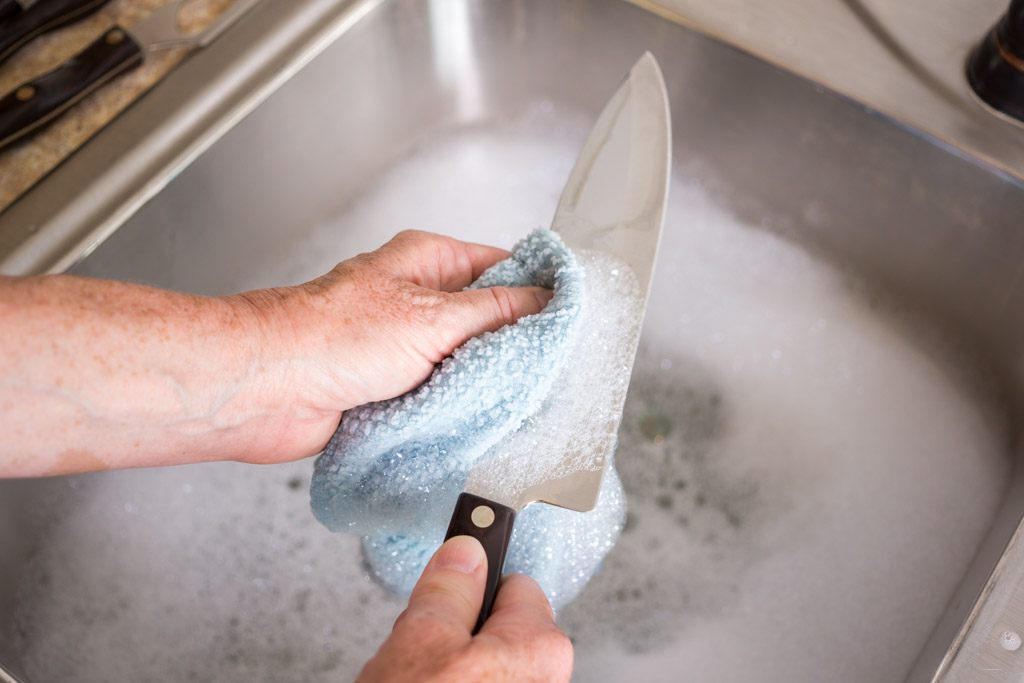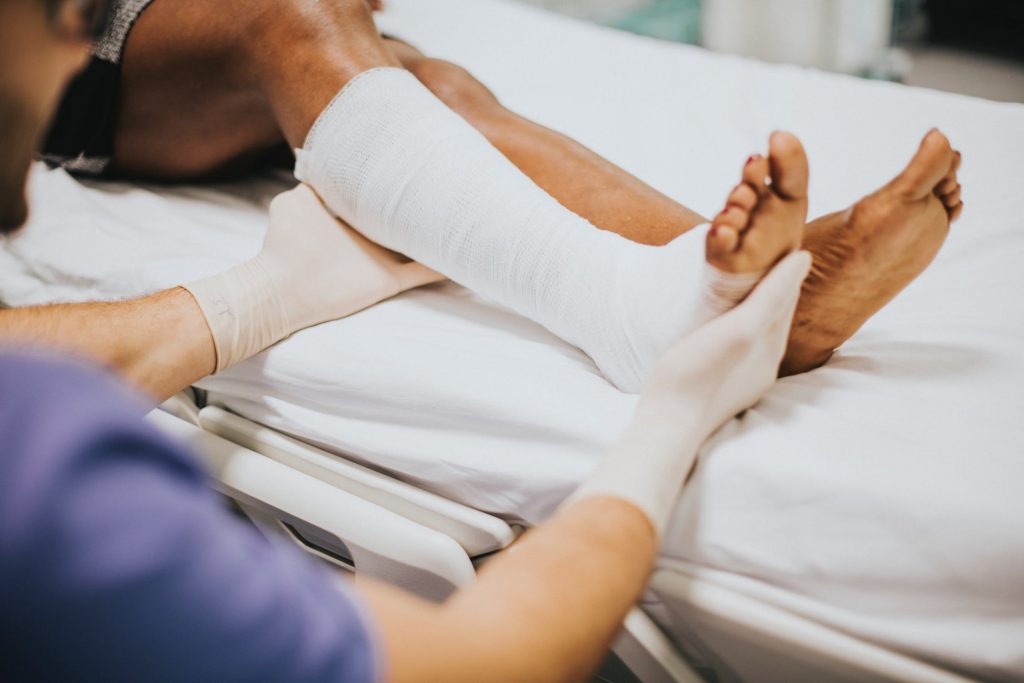I got a new set of knives last weekend. The very first time I used one, I managed to slice my index finger wide open.
I wasn’t even trying to pull off some crazy culinary technique either. I was just washing it. Just vigorously scrubbing away at the blade, when I slipped.
Just writing that makes me cringe at the memory of blood, but at least now I know that these new knives sure are sharp.

I didn’t know how deep it was, and I thought that I might need a stitch or two. I didn’t have a first aid kit, and I had to phone a friend to even get some Band-Aids and Neosporin.
Healing the Body requires Patience

That was less than a week ago, and I’ve already out-healed the need for Band-Aids. Behold as I type this entire article almost entirely free of pain!
(The letters that hurt most are y, u, h, j, n, and m. Ow.)
It really got me thinking about how fast the body heals, and how little I had to be involved for it to happen. All I had to do was keep the cut clean and try not to bash it against any doorframes like the klutz I am. I basically just needed to give the clever cells in my body time and space to work their magic.
This got me thinking about how different healing the mind is from healing the body.
Healing the Mind requires Practice

Addiction is a mental wound, one that we scratch and pull at with ongoing substance use. It definitely takes time to heal the mind–a lot more than healing the body, it seems–but in cases of the mind, time does not heal all things.
Some might be tempted to approach mental healing the same as bodily healing. We think that if we can just stay away from alcohol or our drug of choice long enough that healing will happen.
Unfortunately, it doesn’t work that way.
When you cut your finger, your body has entire systems of specialized cells that leap to the task of repair. All you have to do is stay out of their way.
When you cut your mind, on a drug or a habit or an attitude, there’s no automated system in place. The work of healing falls to you.
How do you practice healing?

If you’re like me, substance abuse is reflexive. When I’m in my addiction, I don’t even have to think about it. It just happens.
That’s because addiction is both neurochemical and behavioral.
For years, we’ve trained our system to deal with stress, discomfort, boredom, unrest, dissatisfaction, and pretty much any other vaguely unpleasant emotional state with chemicals.
Addiction is neurochemical and behavioral
The response becomes synaptic, unthinking, instinctive. And there’s literally nothing in our biology to help correct that. We abuse substances because it’s a strategy that works to treat our negative mental state.
So to achieve true healing, we have to engage in persistent action.
That’s where the Twelve Steps come in. They give us a program to practice that directly combats the selfish, cheap shortcuts of addicted behavior.
If you think you can wait out addiction–if you think you can just abstain for a few months, maybe a year, and then you’ll be able to use your drug of choice in moderation again–you’re still operating with a wounded mind.
And you’re probably white-knuckling it in misery.
To heal, we need persistent action.
There’s real freedom in recovery, but it does require work to achieve.
It takes patience, yes, but more importantly: it takes practice.

